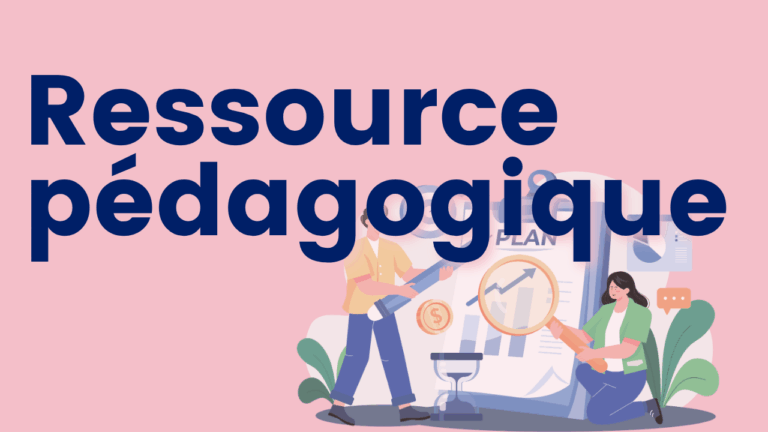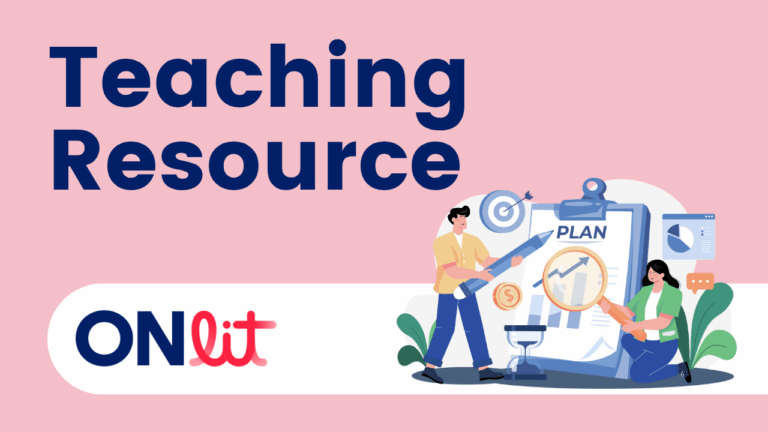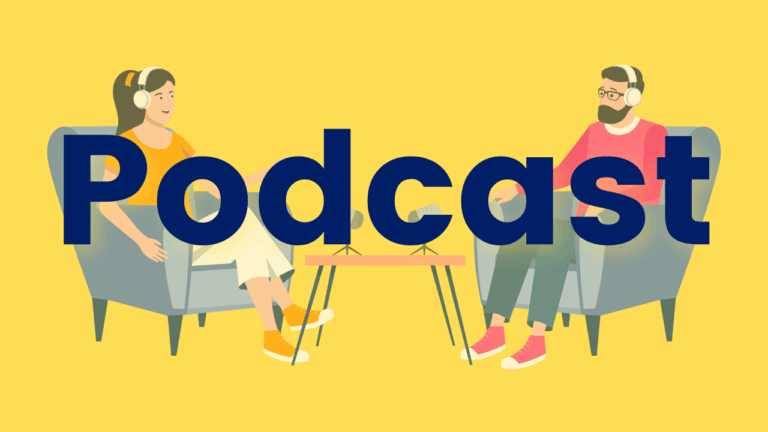Critères de sélection de texte
Cette fiche conseil imprimable destinée au personnel enseignant est conçue pour vous aider à sélectionner le texte le plus approprié pour vos apprenants.

Cette fiche conseil imprimable destinée au personnel enseignant est conçue pour vous aider à sélectionner le texte le plus approprié pour vos apprenants.

This is a collection of passages designed to be used for fluency instruction in grade 8. Developed by Lisa Rogers, Laura Bross, Ayesatta Conteh, Teresa Oud, and Catherine Shawana, each passage focuses on a diverse changemaker from across Turtle Island – individuals who stood up for themselves and others, who fought hard to overcome obstacles,…

This book is an excellent, reader-friendly resource for kindergarten teachers and Early Childhood Educators. While infant and toddler development takes place before the Ontario curriculum kicks in, the authors are American. Their recommendations for preschoolers generally align with the age of our Year 1 kindergarten students. Much of the research and advice in the book…

In this week’s episode, Kate welcomes Kareem Weaver for a candid conversation about the role of literacy in equity, and some myths and misconceptions as strive for the goal of literacy for all.

Maya’s Book Nook is a website created by Speech-Language Pathologist Dr. Lakeisha Johnson. The Behind the Book section houses a bank of materials to accompany a diverse, culturally relevant children’s book. Equally useful for both parents/caregivers and educators, these handouts include target vocabulary words, as well as questions to support dialogic reading to build language comprehension.

Children’s books reflect the attitudes in our society about diversity, power relationships among different groups of people, and various social identities (e.g., racial, ethnic, gender, economic class, sexual orientation, and disability). The visual and verbal messages young children absorb from books (and other media) heavily influence their ideas about themselves and others. Depending on the…

Dr. Lakeisha Johnson, Speech-Language Pathologist, highlights the importance of shared book reading with diverse, culturally relevant texts in this PaTTAN webinar.

Dr. April-Baker Bell highlights stories and narratives in an urgent call for anti-racist language and literacy instruction.

Bringing together theory, research, and practice to dismantle Anti-Black Linguistic Racism and white linguistic supremacy, this book provides ethnographic snapshots of how Black students navigate and negotiate their linguistic and racial identities across multiple contexts. By highlighting the counterstories of Black students, Baker-Bell demonstrates how traditional approaches to language education do not account for the…

This webinar highlights thie importance of respecting linguistic variation, and integrating it into language and literacy instruction of Black children. It explores the relationship between Black children’s language and the development of a healthy identity.

In this podcast episode, Kate Winn hosts Diana Burchell for a conversation about language learners. Is structured literacy appropriate for multilingual learners? Can early screening and intervention support students in French Immersion? What does research tell us about the language and literacy development of refugees from Syria?

In this webinar, Dr. Mariana Souto-Manning explores justice in early childhood education. Dr. Souto-Manning uses a restorative justice lens, highlighting microaggressions and microaffirmations in educational contexts and their impacts on students.